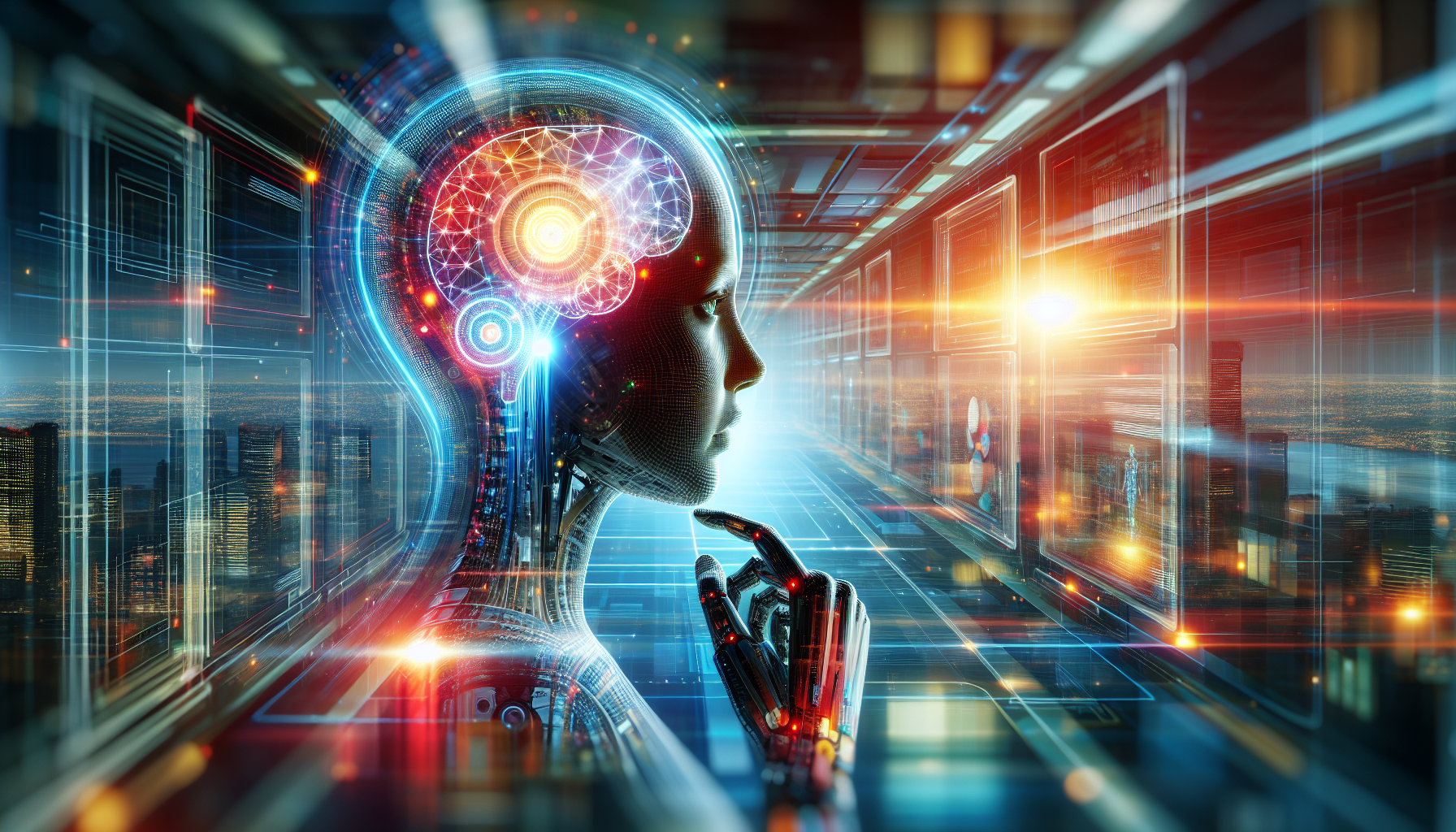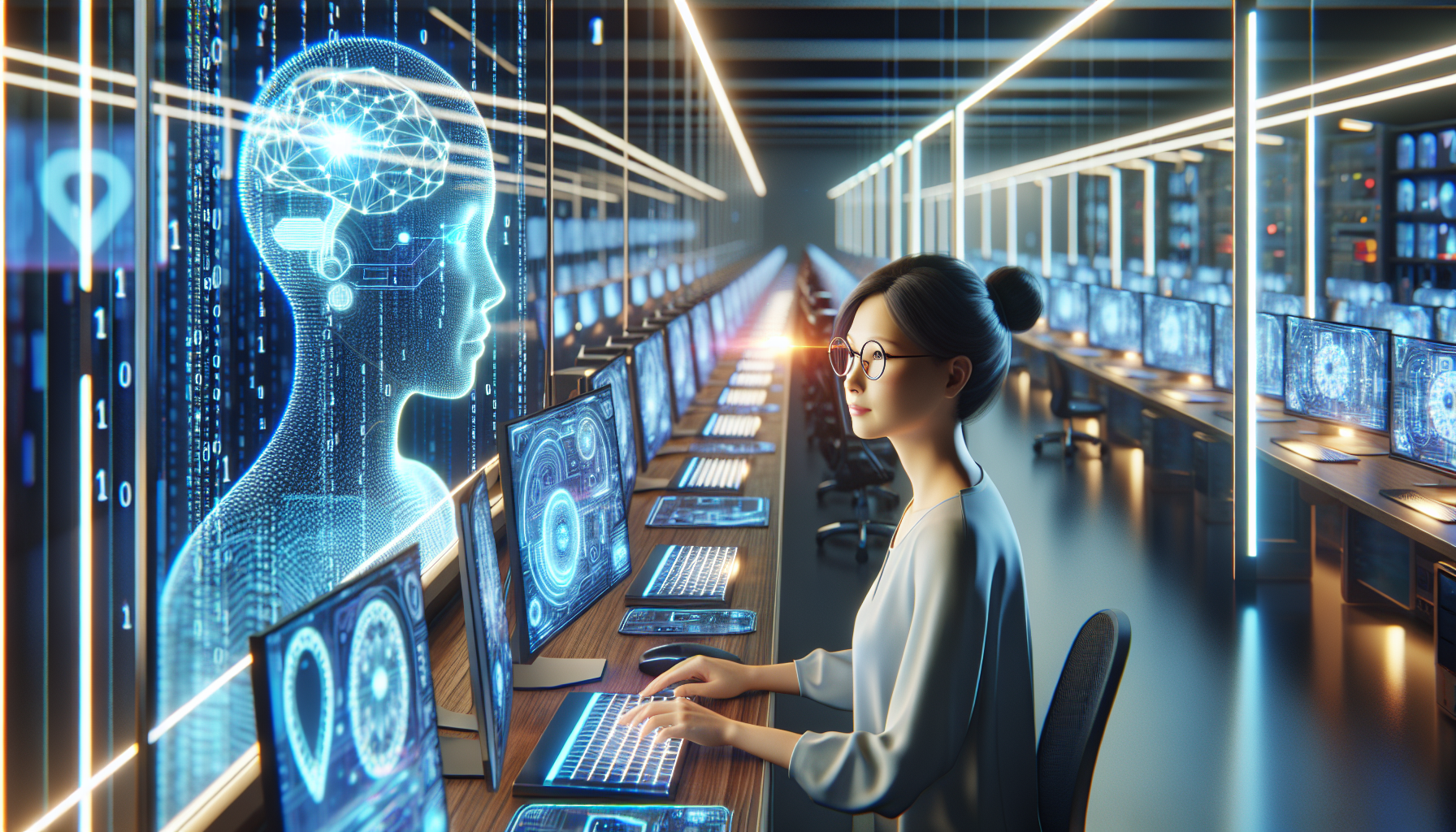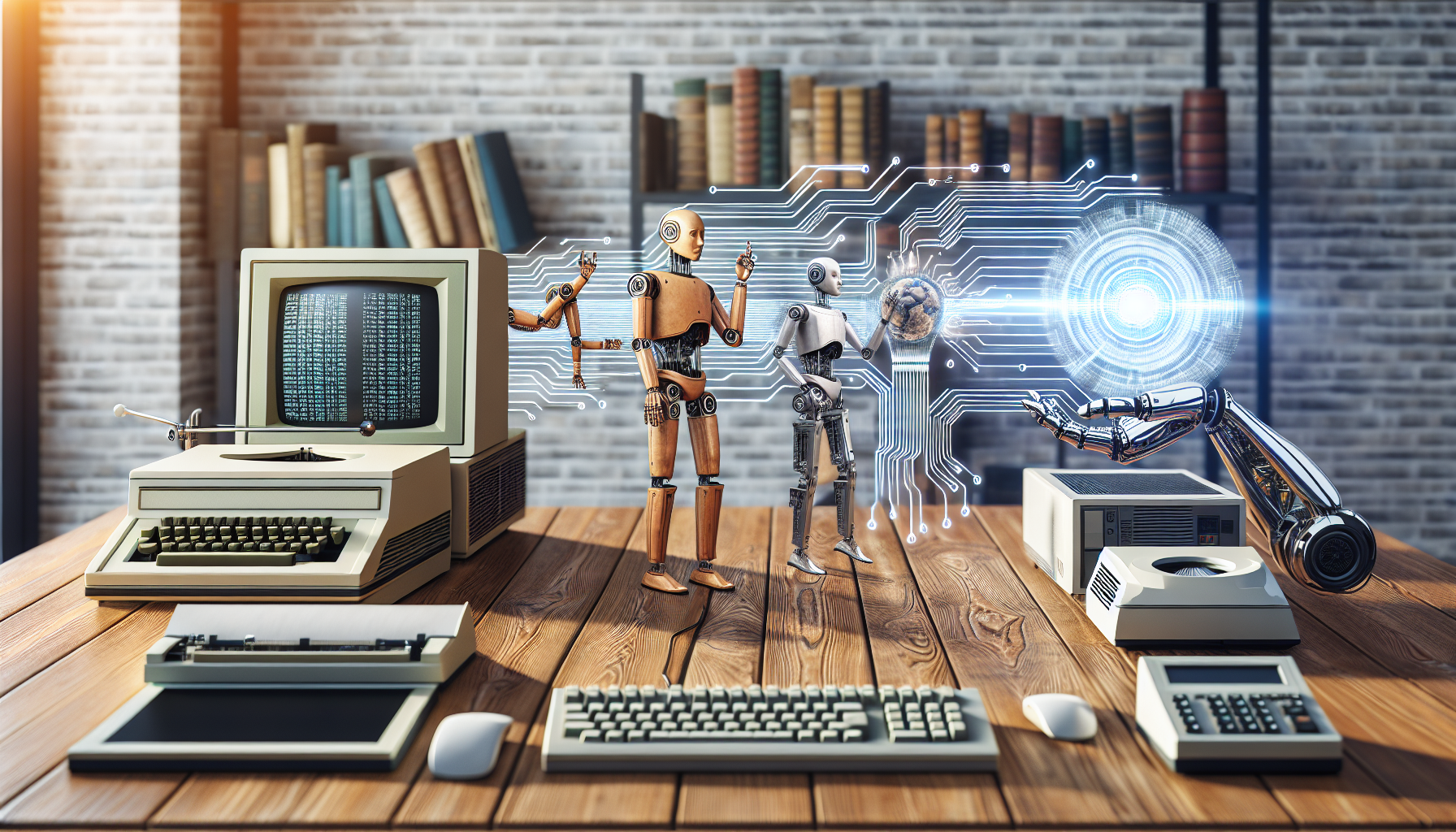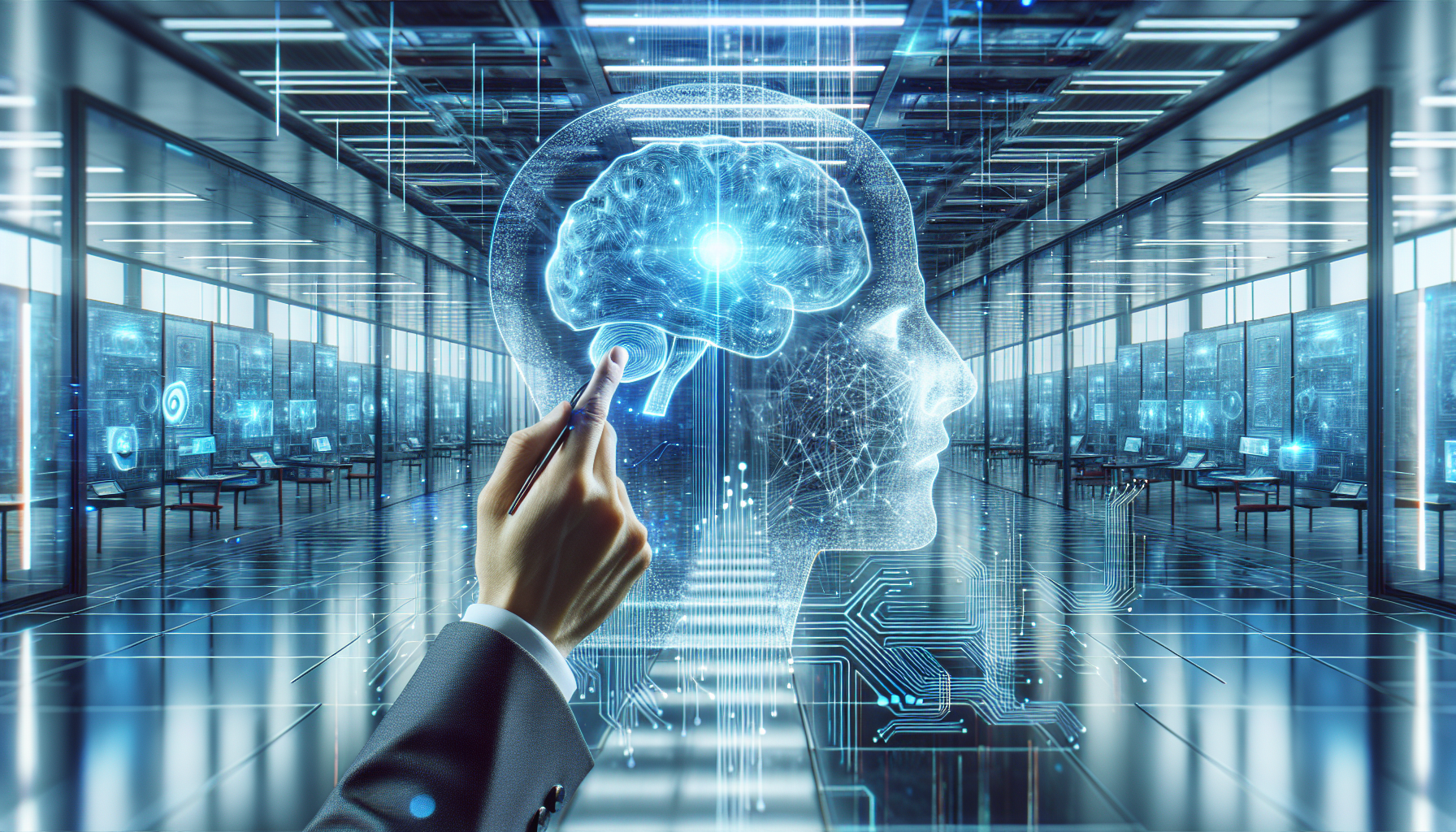
AI in Entertainment: Transforming Media and Gaming-A Critical Comparative Analysis
November 6, 2025
Artificial intelligence, with its rapid encroachment into various sectors, has brought both innovation and disruption to the entertainment industry. From media production to video games, AI is reshaping how content is created and consumed. But is this transformation truly beneficial, or are we witnessing a gradual erosion of creativity and authenticity in favor of efficiency and profit?
In film and television, AI is increasingly being used to streamline production processes. Algorithms now predict box office hits, analyze scripts for audience engagement potential, and even assist in casting decisions by evaluating actors' market appeal. While such tools promise to optimize the business side of entertainment, they also risk reducing storytelling to mere data points. A narrative crafted by human intuition and experience could be undermined by an over-reliance on predictive analytics, potentially stifling originality in favor of formulaic blockbusters.
Gaming, too, has felt the impact of AI, with both positive and negative consequences. On the one hand, AI-driven NPCs (non-player characters) have transformed gaming experiences, offering players more nuanced and responsive interactions. These characters can adapt to players’ strategies, providing a dynamic and personalized experience. However, this raises questions about the authenticity of these interactions. Are players truly engaging with a unique story, or are they merely navigating a pre-programmed set of responses designed to mimic creativity?
The use of AI in content recommendation systems further illustrates the double-edged sword of this technology. Streaming platforms like Netflix and Spotify utilize sophisticated algorithms to suggest movies and music tailored to individual tastes. While this personalization can enhance user experience, it also risks creating echo chambers that limit exposure to diverse content. The very algorithms meant to expand our viewing and listening horizons might instead trap us in a loop of predictability, where only the familiar and the popular find their way to our screens.
Moreover, the rise of AI-generated content poses profound implications for the industry's future. Deepfake technology, for instance, has already blurred the lines between reality and fiction, raising ethical concerns about consent and authenticity in performance. As AI continues to evolve, the potential for entirely synthetic actors becomes a plausible, albeit controversial, future scenario. Could a virtual performer ever truly replace the nuanced expressions of a human actor, or would this signify the ultimate erosion of artistic integrity?
Critics argue that the integration of AI in entertainment prioritizes efficiency and monetization over the human elements that make art compelling. The potential homogenization of content, driven by algorithms designed to maximize engagement, risks diminishing the diversity of voices and stories. This reliance on AI could lead to a cultural stagnation where innovation is sacrificed at the altar of predictability and profit.
However, it's important to recognize that AI also offers opportunities for democratization in the entertainment industry. Independent creators now have access to tools that were once reserved for major studios, enabling them to produce high-quality content on a fraction of the budget. AI-driven software can assist with everything from editing to special effects, leveling the playing field and challenging traditional gatekeepers of creativity.
Yet, this democratization is not without its challenges. The influx of AI-generated content could lead to market saturation, where genuine talent struggles to break through the noise. As AI becomes an integral part of the creative process, the question remains: how will the industry balance technological advancement with the preservation of human creativity?
As we stand on the precipice of an AI-driven entertainment landscape, the implications of these technologies must be critically examined. Are we heading towards a future where creativity is enhanced by artificial intelligence, or are we on a path to a homogenized, algorithm-driven entertainment world? The answers lie not just in technological capability but in the values and priorities we choose to uphold.
In this AI-augmented realm, the challenge will be to foster an environment where innovation can thrive without compromising the authenticity and diversity that define true artistic expression. The coming years will test whether we can harness AI not just as a tool for efficiency but as a catalyst for a richer, more varied tapestry of stories. As we navigate this complex landscape, the question remains: can artificial intelligence truly serve as a conduit for creativity, or will it ultimately constrain the very art it seeks to enhance?


